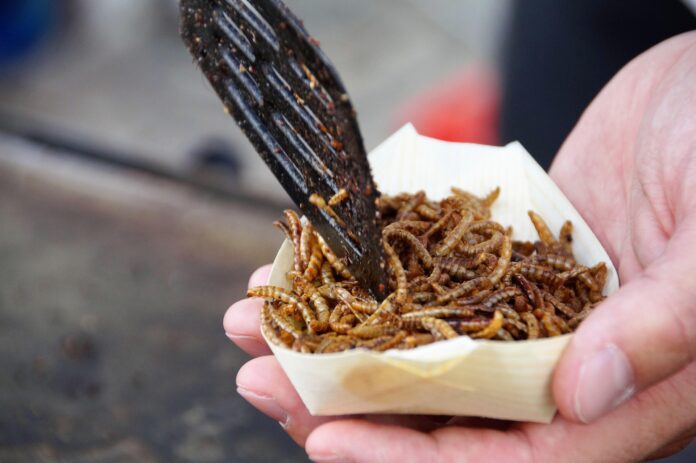Even if you don't find insects attractive, the black soldier fly could play an essential role in the food chain for years to come. Specific, the larvae of these flies can become an important source of protein for livestock and fish.
For this reason, entocycle is raising another $5 million in a series A funding round led by Climentum Capital, a European climate-focused venture capital firm. Lowercarbon Capital and ACE & Company are also participating in the round.
Teampact Ventures also invests in Entocycle. This French venture capital start-up partners with athletes and former athletes to invest in technology companies. In addition to donating money, these sports professionals help start-ups with team-building tips and mentorship. In this case, Antoine Dupont, Nikola Karabatic, James Haskell, and Antoine Brizard invest in Entocycle.
Although Entocycle has been around since 2016, the 21-person team will now try to market their products. Specific, With this new cash injection, Entocycle plans to iterate on its flagship product: the Entocycle Neo.
This is a hardware module that can be used in insect farms to monitor and collect data on the health and productivity of the black soldier fly. The Entocycle Neo uses optical sensors combined with a software solution that analyzes the images and accurately measures output.
By automating these processes, Entocycle hopes to increase the productivity of insect farms. The use of the company's modules should increase the feed conversion rate and reduce mortality.
Likewise, Entocycle has developed a fly cage with built-in climate control. The idea is that Entocycle can help companies in the food industry get started culturing black soldier fly larvae so they can secure their protein supply.
And this is key to understanding the appeal of Entocycle. Switching to insect proteins could indirectly reduce soybean production and imports, as well as deforestation. The larvae are a low carbon alternative as they can be produced anywhere. Insect farms could also be integrated into the waste management cycle, as black flies gobble up food scraps.




